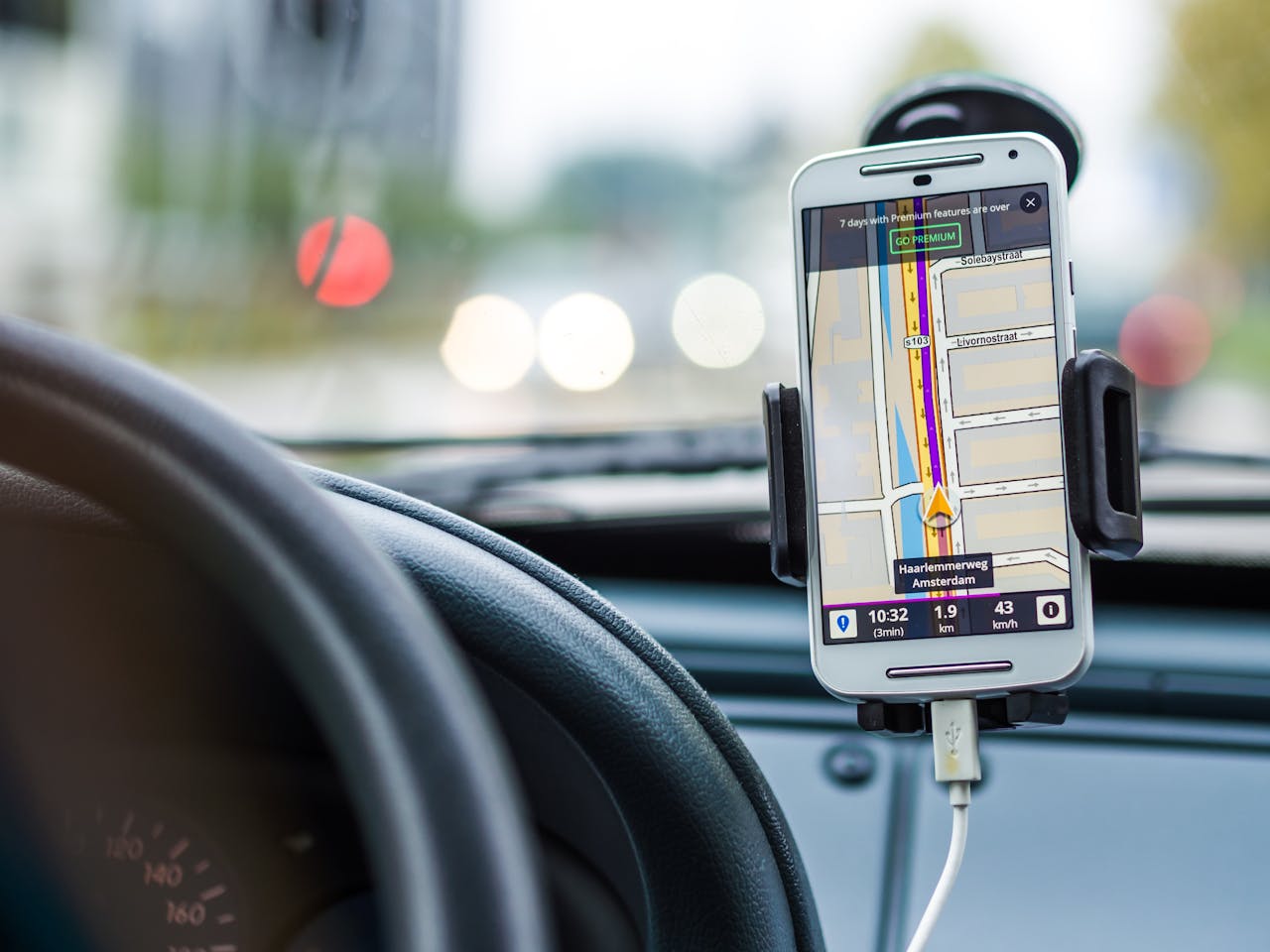
We’ve all seen it: a man behind the wheel, lost, yet refusing to ask for directions. This isn’t just a stereotype—it’s something many couples, friends, and families have experienced firsthand. But why do men feel embarrassed about asking for directions? This question is significant because it addresses how men navigate pride, vulnerability, and communication. Beyond getting lost on a road trip, this behavior hints at deeper patterns in how men approach problem-solving and seek help. Understanding the reasons behind this reluctance can help us support better communication and break down unhelpful gender norms. Let’s explore the factors that make asking for directions such a tricky issue for many men.
1. Social Expectations and Masculinity
One of the main reasons men feel embarrassed about asking for directions is the pressure to live up to traditional ideas of masculinity. Society often teaches men to be self-reliant, confident, and in control. Admitting they’re lost or don’t know the answer can feel like a failure to meet these expectations. For some, asking for help clashes with the image of independence they want to project. This can make a simple request for directions feel like a public admission of weakness.
These expectations aren’t just personal—they’re reinforced by family, friends, and even the media. Men might worry about being judged or teased for not having all the answers. Over time, these small moments accumulate and reinforce the idea that asking for directions is something to be avoided at all costs.
2. Fear of Losing Authority
When men are in charge of getting from point A to point B, there’s often an unspoken expectation that they’ll lead the way. Admitting uncertainty can feel like losing authority, especially in front of others. This fear is often magnified when traveling with family or friends who look to them for guidance. In these moments, embarrassment about asking for directions isn’t just about pride—it’s about maintaining status and respect.
Even when lost, the idea of handing over control or admitting a mistake can be uncomfortable. For men who value being seen as capable leaders, asking for directions can feel like a blow to their credibility. This reluctance can keep them circling the block instead of pulling over for help.
3. The Desire to Solve Problems Independently
Many men enjoy the challenge of solving problems on their own. This includes navigating new places without outside help. There’s a certain satisfaction in figuring things out, whether it’s assembling furniture or finding a hidden shortcut. For some, asking for directions feels like giving up too soon or not giving themselves enough credit to work it out.
This mindset isn’t always negative—independence is a valuable trait. But when it leads to frustration or wasted time, it can become a problem. The embarrassment men feel about asking for directions often stems from this desire to prove their resourcefulness and competence.
4. Past Experiences and Teasing
Embarrassment can also come from past experiences. Maybe a man once asked for directions and was met with laughter or a sarcastic remark. Or perhaps friends and relatives have teased him for getting lost before. These moments stick, making it less likely he’ll risk the same embarrassment again.
Even lighthearted jokes can have an impact. If asking for directions once led to a round of ribbing, it’s easy to see why someone might avoid it in the future. Over time, these small incidents reinforce the idea that it’s better to struggle in silence than risk public embarrassment.
5. Influence of Media and Stereotypes
Movies, TV shows, and commercials often play up the image of the man who refuses to ask for directions. While these portrayals are meant to be funny, they also reinforce the notion that it’s normal—or even expected—for men to avoid seeking help. When men observe this pattern repeated, it can shape their own behavior, even if it is subconscious.
These media stereotypes add another layer to the embarrassment men feel about asking for directions. It becomes not just a personal choice but a cultural script, one that’s hard to break even when the stakes are low.
Encouraging Openness and Breaking the Cycle
Understanding why men feel embarrassed about asking for directions is the first step toward changing the pattern. It’s important to create spaces—both at home and in public—where asking for help is seen as a sign of wisdom, not weakness. When we challenge old stereotypes and encourage open communication, everyone benefits. It means less time lost, fewer arguments, and more enjoyable journeys together.
Learning to ask for directions, whether on the road or in life, is an act of self-care and growth.
Do you think the embarrassment men feel about asking for directions is fading—or is it still part of everyday life? Share your stories and thoughts in the comments below!
What to Read Next…
- 6 Conversations Men Should Be Having With Each Other
- 9 Things Men Say That Instantly Kill Modern Dates
- 6 Ways Society Punishes Men For Asking For Help
- 7 Ways Emotional Intelligence Backfires In Male Friendships
- Why Some Men Pretend To Be Emotionally Numb And How That Protects Them
The post Why Do Men Feel Embarrassed About Asking for Directions? appeared first on Clever Dude Personal Finance & Money.







